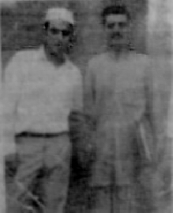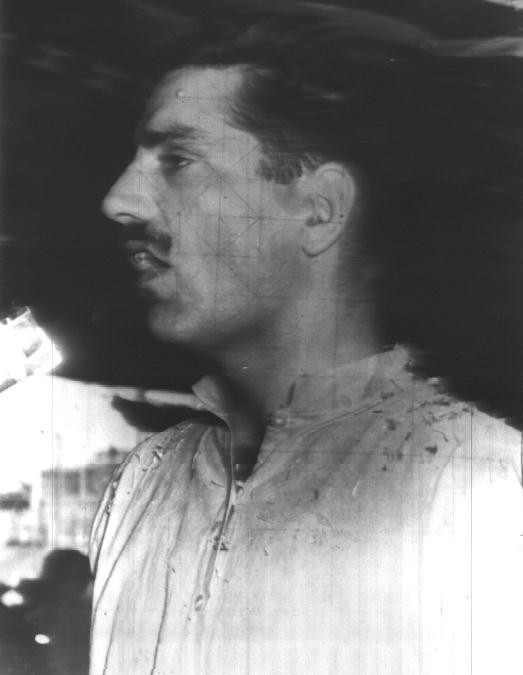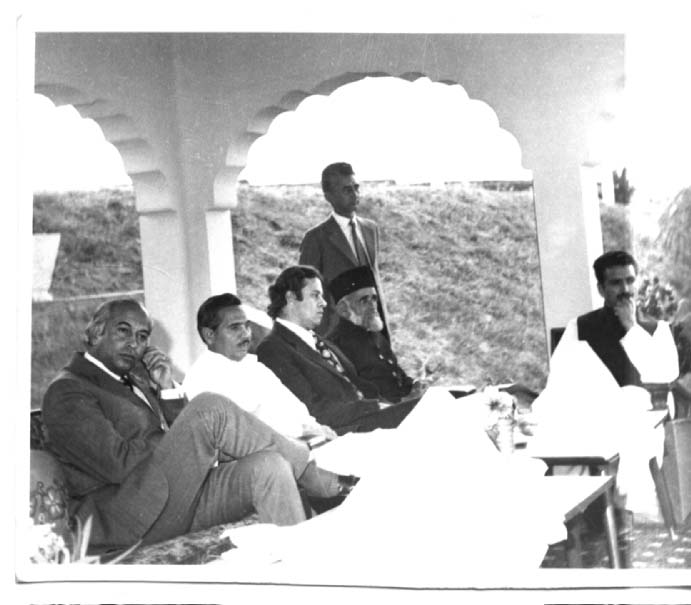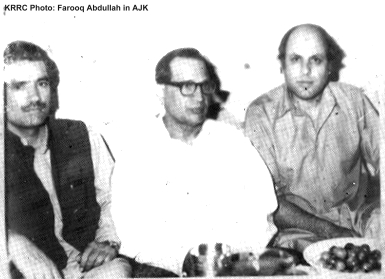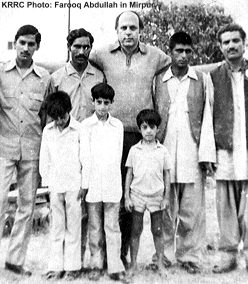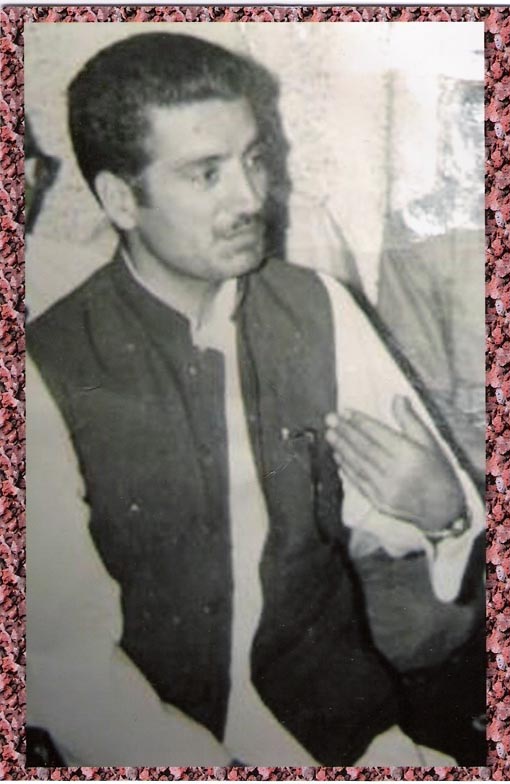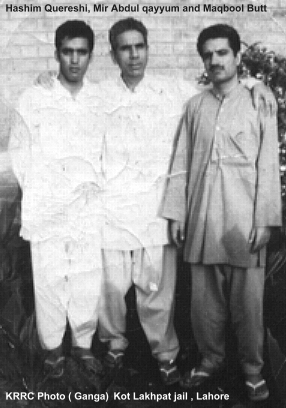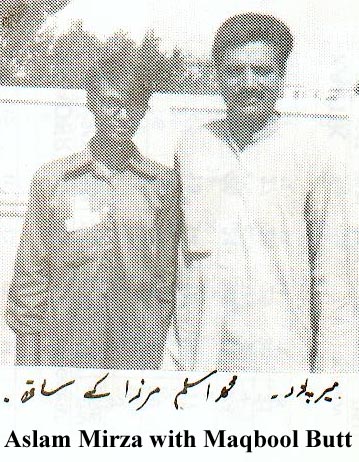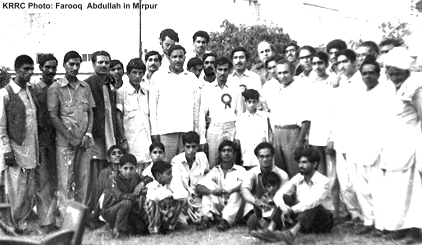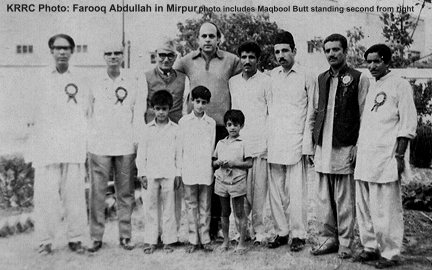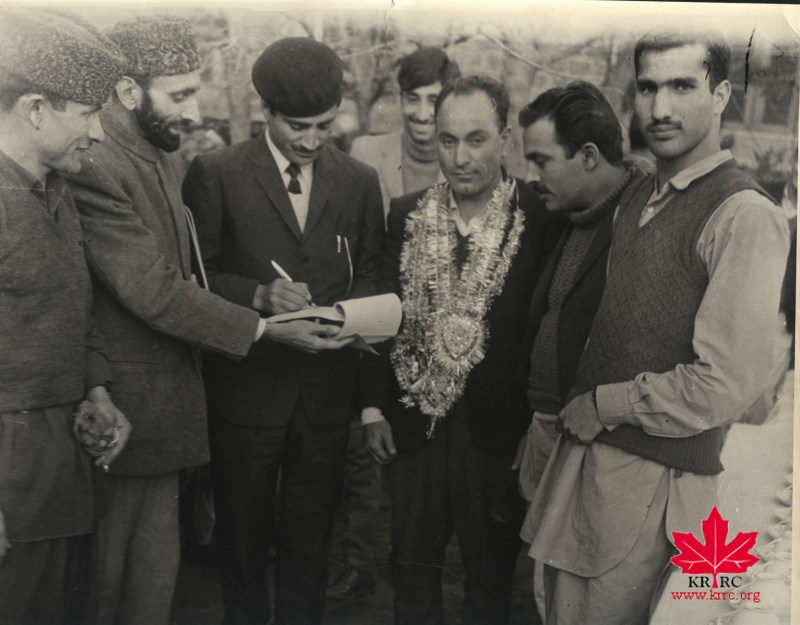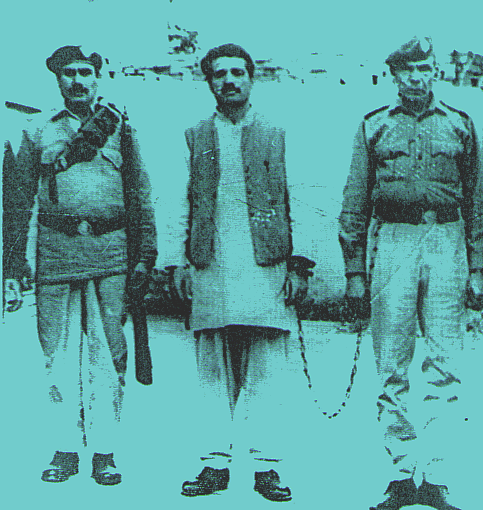Maqbool Butt was born on 18th February 1938 to a peasant family in Trahagam village Tehsil Handwara, district Kupwara. His father was called Ghulam Qadar Butt. All we know about his mother is that she died when Maqbool Butt was 11 years old pupil in the village’s primary (junior) school. He had a younger brother Gulam Nabi Butt. As per traditions Ghulam Qadar married again to provide mothering for his children. From second wife he had two sons, Manzoor Ahmed Butt and Zahoor Ahmed Butt and three daughters. The early years of Maqbool Butt’s life, like thousands of other Kashmiri children were shaped by the harsh living conditions that characterised the life of peasants at this juncture of Kashmir history.
It was the feudal system in the Maharaja’s Kashmir that forced Maqbool Butt to participate in the first political action in his life long struggle against suppression, occupation and for equality, freedom and social justice. Telling this story on 12 April 1972 from Camp Prison Lahore in a letter written in reply to Azra Mir, the daughter of veteran Kashmiri political activist and intellectual, G.M. Mir who was in prison with Maqbool Butt in relation to the hijacking of an Indian plane ‘Ganaga’, Maqbool Butt wrote:
It was 1945 or 1946 when I was eight or nine years old child. At this time Kashmir was ruled by the Dogra Family and the entire Kashmiri nation was living a life of slavery. One of the many forms of slavery is called feudalism. The feudalism gets established when the king allocates pieces of land to few people. Because these are loyal to the king and help him in suppression and oppression of his riyahaya (subjects) so they are made owner of large landholdings for their services. These landholdings are called their jagirs; estates. The Jagirdars; feudals neither plough nor sow in these lands. They do not put any labour in the land. Ploughing, sowing and producing the crops are the jobs of the kisans; peasant. All Jagirdar does is that when the crops are ready he appears in the fields and takes all the produce away leaving minimal for the kisans. The Dogra rulers also had appointed jagirdars in our country. The peasants did all the labour but the owners of the lands and their produce were these very jagirdars. The owner of our regions’ lands was a Jagirdar by the name of Dewan. Although we never seen this jagirdar but his agents who were called Kardars( literally mean ‘making others work) used to collect grains and fruits from the peasants. In the year this incident happened most of the crops were destroyed by the bad weather. Therefore the produce was next to nothing. Because of the low produce the peasants were not able to provide the jagirdar as much anaj;grains as they used to provide previously. On this the Kardars of Jagirdar started harassing and beating up the peasants in the entire region. They raided the houses and grain stores of the poor peasants and lashed them. But what did they have to give for Jagirdar? When the required amount of grains could not be collected the Jagirdar himself came to our village in his motorcar. This was the first time that a motorcar came to our village and we were astonished to see it. The peasants of our village got together and pleaded before the jagirdar for some concessions. They told him in details the reasons for low production. But he was not prepared to believe the peasants. He was persistent that, what come may, even if the children of peasants had to go hungry, his share of grains must be arranged. He also strongly advised his agents, kardars to complete the collection at any cost. These Kardars knew well that peasants did not have anything left to give to Jagirdar but how could they deviate from his orders? At the exact point when Jagirdar was about to get in his car after issuing the instructions, all the village children were told to lie down in front of the jagirdar’s motorcar. The Kardars were part of this plan. Therefore when hundreds of children laid themselves down in front of the jagirdar’s car he was pleaded either to stop the further collection of grains or crush these starved and naked children under his car. I was also amongst these children and remember till this day that great big hue and cry. The children as well as elders, all were crying knowing that once the jagirdar left the village without writing off the further collections, the peasants will have to face the qiyamat; the day of judgement. At last the jagirdar seeing the hue and cry of the naked and hunger worn yellowish children agreed to make some concessions.
Not too long after this incident Maqbool Butt found himself at the centre of another successful action against the institutionalised inequality. While the land was granted to the tiller soon after the rise of Sheikh Abdullah to power in 1949, many practices of inequality carried on. One of the most explicit manifestations of the class and status based inequalities was observed in the schools’ annual award ceremonies. Here the relatively rich children and their parents were used to sit on one side and those of poor background on the other. One year when Maqbool Butt was also amongst the high achiever he refused to receive the award unless the seating arrangements were changed. He said that all the children should sit together on one side and all the parents on the other. As a result the suggestion was accepted and since then was made norm in this village school. While still in school Maqbool Butt also successfully led the campaign for promoting this school from primary to secondary status.


